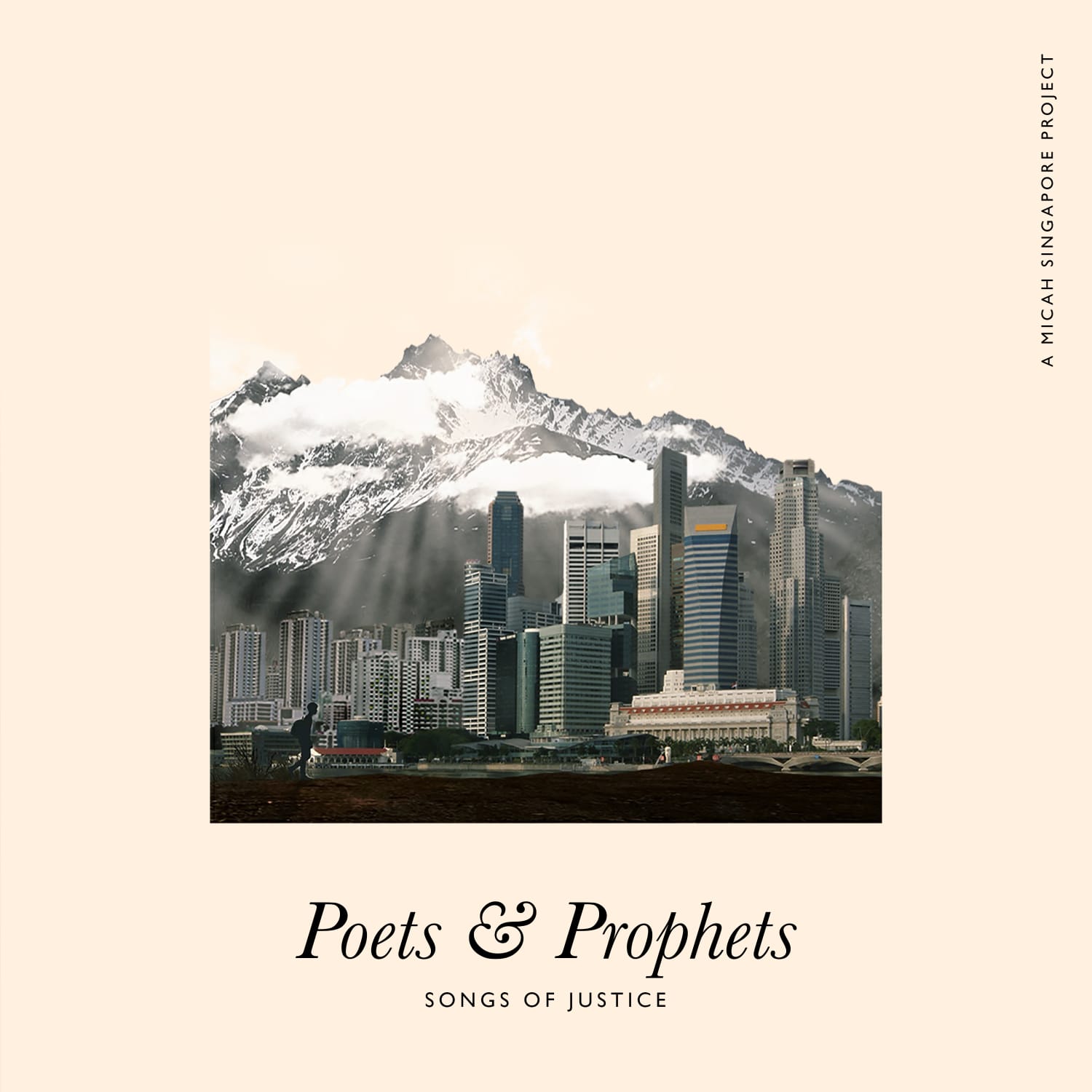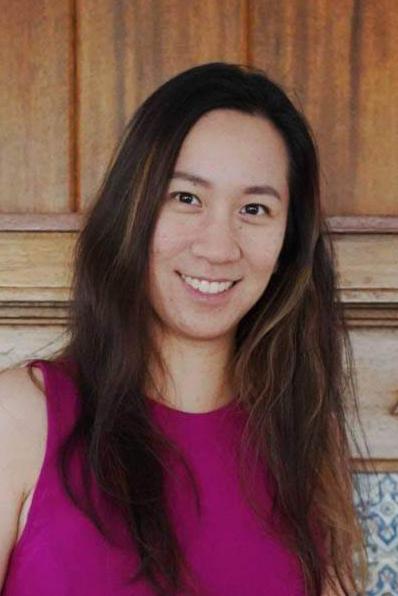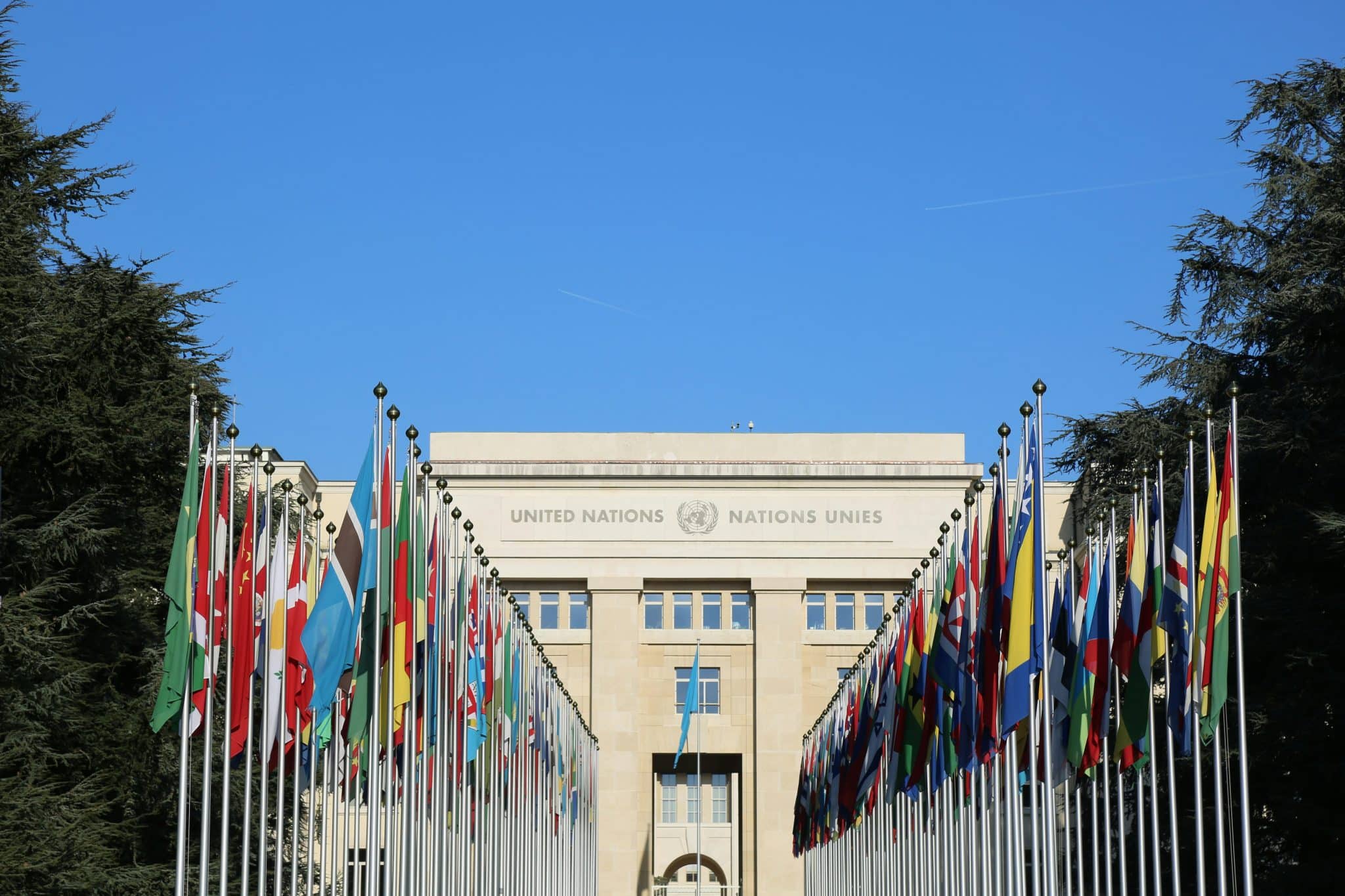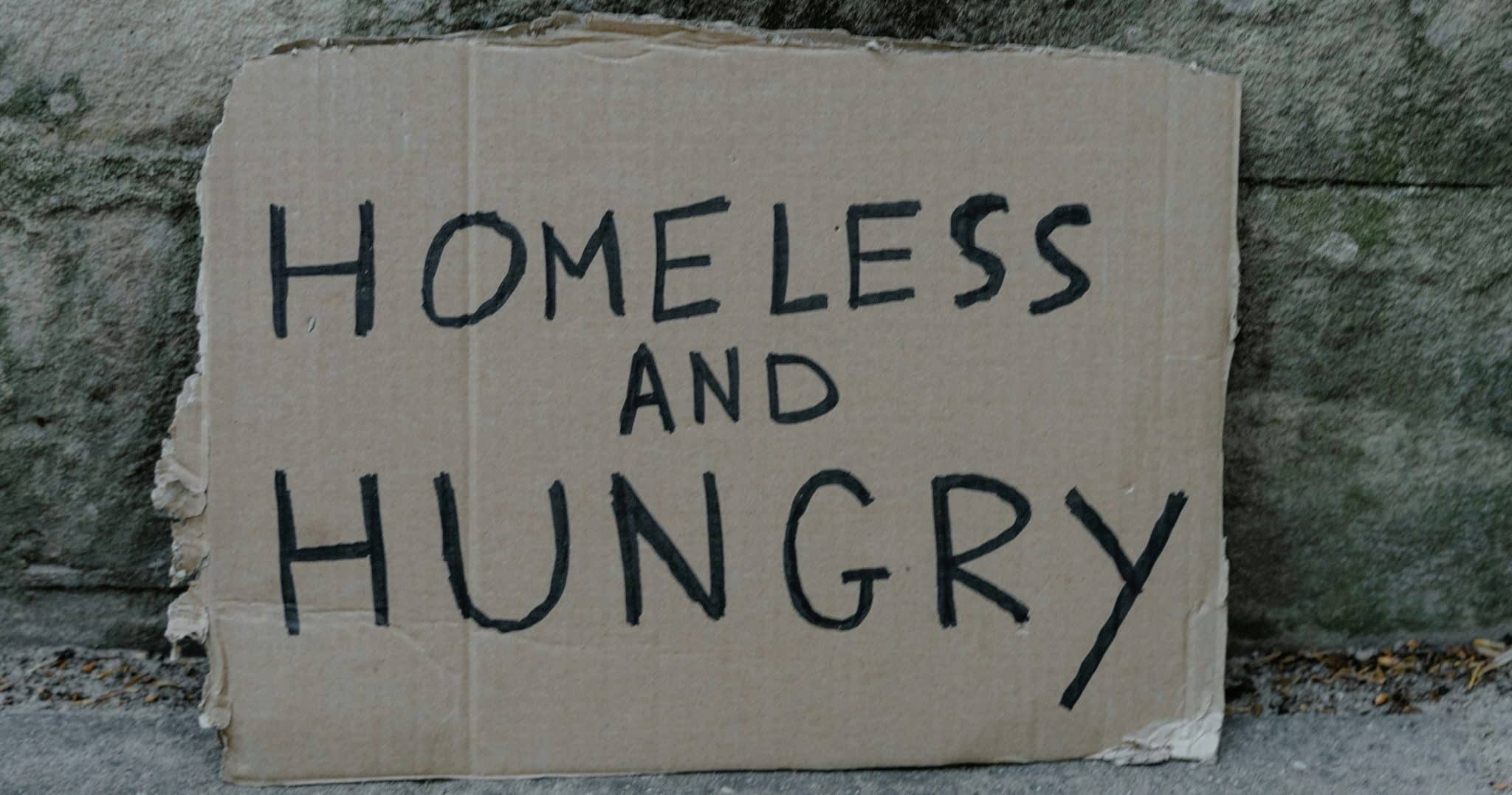Poets & Prophets: Micah S’pore album marries music, photos and devotionals for a new worship experience
Benita Lim // February 26, 2021, 4:41 pm

In the music album, launched today, seven songs rich in Scripture, imagery, and tradition are each paired with a photograph and a devotional written in response to the song. All photos courtesy of Micah Singapore.
Think poets and prophets, and a picture of fiery, bewhiskered beings of old brandishing quill pens or a wooden staff comes to mind. Can they really speak into modern day issues of yearning, justice and neighbourliness?
Absolutely, according to Poets & Prophets, Songs of Justice, a new music album by integral mission group Micah Singapore.
The album, which was released today (Feb 26), has a playlist of seven original songs, together with curated photography from justice ministries. The songs are companioned by reflective devotionals suitable for Lent, with themes of sacrifice, waiting, compassion, pilgrimage and peacemaking.
Theological student, Benita Lim, shares her thoughts on how poetry and music can meet powerfully as worship.
Being able to worship God according to God-given laws was always a priority for God’s people.
The Bible describes to us that the Israelites often experience great fear and pain, especially in the times of multiple exiles, in the tearing down of their palaces, and in the destruction of their temples and places of worship.
Biblical writings bear a healthy range of emotions that match the Israelites’ struggles with faith, life and the world.
To this day, they continue to remember and experience these events, and questions on who, where, why, how, and when are never far from their lips.
The Old Testament keeps a record of many of these events and questions. Amidst exciting narratives such as family dramas, friendship goals, political uproars, espionage and war, the Israelites’ complaints and laments over their plight and lack of shalom emerge usually in forms of depressing speech and angry tirades to God. In fact, almost one-third of the Book of Psalms are that of lament and rebuke!
The books of the prophets also devote large chunks of writings to fellow Israelites as prophecies to call out their evil and unrighteous ways, and warn them about the reckoning that is to come. Of course, a prophet’s life is not easy too; no one likes a harbinger of bad news.
Prophets do not actually always enjoy being one, and they lament and weep in frustration too (check out the books of Jeremiah and Hosea, among others)!
Expressions of truth
These writings are woven into the historical fabric of Israel, God’s people, and bear a healthy range of emotions that match their own struggles with faith, life, and the world around them.
Yet in our Bible readings and the songs we sing, we tend to skip them like filler episodes in an anime so that we quickly get to the exciting and fun stuff.
But the immense space in Israel’s collection of writings given to these impassioned speeches by poets and prophets reveals to us some important truths.
The presence of evil stirs our hearts to yearn for justice and to respond as God’s image bearers to the world.
Firstly, God is very, very serious about justice and righteousness. And that there remains a serious lack of them in this world.
“Negative” feelings like anger, sadness and hopelessness instead should remind us of the presence of evil in the world, and the reality of its impact upon us. They stir our hearts to yearn for justice and spiritual transformation, and to respond as God’s image bearers to the world.
Yet since the prophets of old have their cries documented in Israel’s history, God also recognises how difficult being a prophetic voice really is – and God gives us immense space to express these struggles with a full range of emotions, even creatively!
In the Bible, they are often set in the art form of poetry. As a good friend introduced his PhD dissertation on the Book of Psalms: “Good poetry is like a good painting: The more you linger over it, the more it reveals. It is a deep well that never runs dry.”
Poems are creatively structured and brim with imagery and word plays; terse, yet collapses time and space for both poet and reader to engage and respond.
In song compositions, poetry lyrically meets another powerful form of art – music.
Between the already and the not-yet
Poets & Prophets, a project by Micah Singapore in collaboration with artistes, hopes to inspire the Church to seek first the Kingdom of God and its justice and righteousness.
Seven songs rich in scripture, imagery, and tradition are each paired with a write-up on the songwriter and his or her personal reflection on the process, curated photography, and a devotional written in response to the song.
These songs seem to be arranged in a sequence that invites us to first take a pause, feel the rhythms of ordinary life, and contemplate God’s words to us that reflect His heart for the world.
However, journeying in the footsteps of Christ also comes with lament and fear – especially in a world where His prophetic message of justice and righteousness is often not welcome – even among people who are supposed to be on the same side.

Poets & Prophets, a project by Micah Singapore in collaboration with artistes, hopes to inspire the Church to seek first the Kingdom of God and its justice and righteousness.
The album closes with a quiet encouragement to wait in the liminal space of the already and not yet of God’s kingdom, and sends us out to be instruments of God’s shalom in active anticipation of the full redemption that is to come.
The webpage content of the songs also hints at a certain intentionality in its format. With that in mind, one way I would suggest approaching each song and content is to sit in them as a devotional a day, for a week, and allow yourself around 30–45 minutes in prayerful engagement, or even journal thoughts arising.
Of course, there is probably no hard and fast rule to enjoying the project! Without revealing too many details of the elements and spoiling your own experience, I will only share what I was intuitively led to do.
The album sends us out to be instruments of God’s shalom in active anticipation of the full redemption that is to come.
A Poets & Prophets song greets me in the embedded player upon opening its page. The lyrics are already before me, inviting me to provide a first response to the song. The songwriter’s reflections and scriptural inspiration come next, leading me to further contemplate on what I had just heard.
I found it particularly meaningful that the personal reflections and write up of the songwriter(s) are included – they allow me to put a face and story to the voice and music – and vicariously share in the sacred process of their songwriting.
As the song loops, I am faced with a photograph specially selected to complement it. Suddenly, I am drawn into a different sphere as my mind’s eye meets the visual interpretation of another’s. Again, there is a write up of the photographer, or organisation, that provided the photograph, and I am led into their world: To wonder why and what these photographs mean from their point of view.
I arrive at the final segment – the devotional and prayer – written by yet another group of Christians sharing visceral, personal experiences in response to the respective songs.
While I may not know most of them, their experiences, laments, and featured faces remind me that there is indeed a wider body of Christ also wrestling with justice and righteousness that they have or have yet to see.
That even while many of us may comfortably live in a highly manicured environment, just as one of the songwriters somberly reflect, around us remains the presence of “severe economic inequality, falsehood-based political destabilisation, moral ambiguity and chaos, exploitation of vulnerable communities, sexual predation of children and young persons”.
A need to lament
During this season of the global pandemic, the need to lament is greater than ever.
In Singapore, the toughest enforcements of the circuit breaker stopped us completely from being able to worship God in a corporate and corporeal body. Churches and Christians mourned the loss of being physically present, although we quickly moved services and ministry programmes online and wondered what would the future hold … for just three months.

The Micah Singapore team behind the album.
Life is now slowly spilling back into the open spaces. In-person worship is restarting; we pat ourselves on the backs to congratulate ourselves for the efficiency as to how we survived the pandemic.
However, for many people around us and in the world, the loss of life continues. Living is more than merely breathing; physical or corporate worship distancing is only the tip of the iceberg.
Poets & Prophets, conceived in a global pandemic, gives space to those who need to lament and be rebuked.
The distance between socioeconomic classes is wider than ever; political powers take advantage of the distances and divide over the pandemic; the distance allows exploiters to hide away the vulnerable even further from sight. Being able to stay at home, survive on Internet access, and worship God is privilege – even though other real stressors do come with it.
For all these injustices and evils among and around us, we must grieve.
For the negative feelings and pain in our own bodies, we must lament.
Since we are in Christ we are also God’s people, God is near to us and also hears our cries. But He also calls us to love justice, do mercy and walk humbly before Him.
Poets & Prophets, conceived in a global pandemic, gives space to those who need to lament and be rebuked, and have the privilege of doing such (take it!).
Since this project is launched during Lent, it will be a meaningful devotional for those who wish to consider Christ’s justice and righteousness that led Him to Calvary.
“We want to live as people chosen, blessed, and broken, and thus become food for the world.” – Henri J.M. Nouwen.
May our turning to God in recognition of pain begin our own journey to healing within and without – and with Him.
Where to find Poets & Prophets, Songs of Justice
Poets & Prophets, Songs of Justice is a music album by Micah Singapore released today (Feb 26).
Here’s where you can follow or purchase the album on Spotify, iTunes, Deezer or Tidal.
RELATED STORIES:
#TheBlessingSg: 772 leaders from 177 churches sing Aaronic Blessing over Singapore
“Playing the violin for me is like praying”: One-handed violinist Adrian Anantawan
We are an independent, non-profit organisation that relies on the generosity of our readers, such as yourself, to continue serving the kingdom. Every dollar donated goes directly back into our editorial coverage.
Would you consider partnering with us in our kingdom work by supporting us financially, either as a one-off donation, or a recurring pledge?
Support Salt&Light




